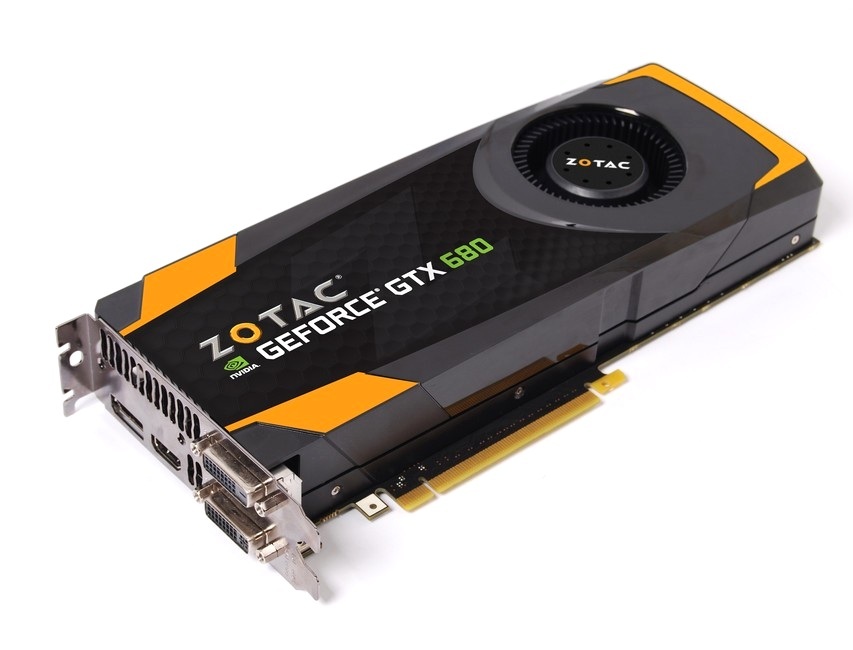Hi guys,
I have started to play a lot of games recently (because of the coronavirus) and noticed that recent games are sometimes unplayable because of the stutters. Because of the virus, I may not be able to build a new pc. Hence, I am wondering if I can make things better by simple component changes. After monitoring my resource usage, I have noted that my VRAM usage is between 2000-1600MB and RAM usage is between 7950MB-6900MB in Quake Champions.
As I understand, both RAM and GPU are problematic at this point. However, although the stutters are very frequent, my fps is between 90-100. Hence, I am not sure if the problem is related to GPU (VRAM especially) or RAM. Do you guys have any opinion?
Here are my components:
Motherboard: MSI Z97-G43 DDR3 1600MHz DVI HDMI 16x Lga1150
CPU: Intel Core i5-4690K 3.50GHz 6MB HD4600 Vga Lga1150
GPU: MSI N760 TF 2GD5/OC GTX760 GAMING 2GB GDDR5 256Bit HDMI DP 16x
RAM: Corsair CML8GX3M2B1600C11 Vengeance LowProfile 8GB (2x4GB) DDR3 1600Mhz CL11 XMP Dual Kit
PSU: OCZ OCZ-ZS750W-EU ZS Series 750W 80+ Bronze Psu
SSD: Samsung MZ-7TE120BW 840 EVO 120GB Sata III 2.5' SSD 540MB/520MB
HDD: Seagate ST1000DM003 1TB 64MB 7200Rpm Sata3 6Gb/s
Thanks in advance, and stay safe!
Note: I am testing games in both HDD and SDD and there is no much difference if stutters are considered.
I have started to play a lot of games recently (because of the coronavirus) and noticed that recent games are sometimes unplayable because of the stutters. Because of the virus, I may not be able to build a new pc. Hence, I am wondering if I can make things better by simple component changes. After monitoring my resource usage, I have noted that my VRAM usage is between 2000-1600MB and RAM usage is between 7950MB-6900MB in Quake Champions.
As I understand, both RAM and GPU are problematic at this point. However, although the stutters are very frequent, my fps is between 90-100. Hence, I am not sure if the problem is related to GPU (VRAM especially) or RAM. Do you guys have any opinion?
Here are my components:
Motherboard: MSI Z97-G43 DDR3 1600MHz DVI HDMI 16x Lga1150
CPU: Intel Core i5-4690K 3.50GHz 6MB HD4600 Vga Lga1150
GPU: MSI N760 TF 2GD5/OC GTX760 GAMING 2GB GDDR5 256Bit HDMI DP 16x
RAM: Corsair CML8GX3M2B1600C11 Vengeance LowProfile 8GB (2x4GB) DDR3 1600Mhz CL11 XMP Dual Kit
PSU: OCZ OCZ-ZS750W-EU ZS Series 750W 80+ Bronze Psu
SSD: Samsung MZ-7TE120BW 840 EVO 120GB Sata III 2.5' SSD 540MB/520MB
HDD: Seagate ST1000DM003 1TB 64MB 7200Rpm Sata3 6Gb/s
Thanks in advance, and stay safe!
Note: I am testing games in both HDD and SDD and there is no much difference if stutters are considered.




